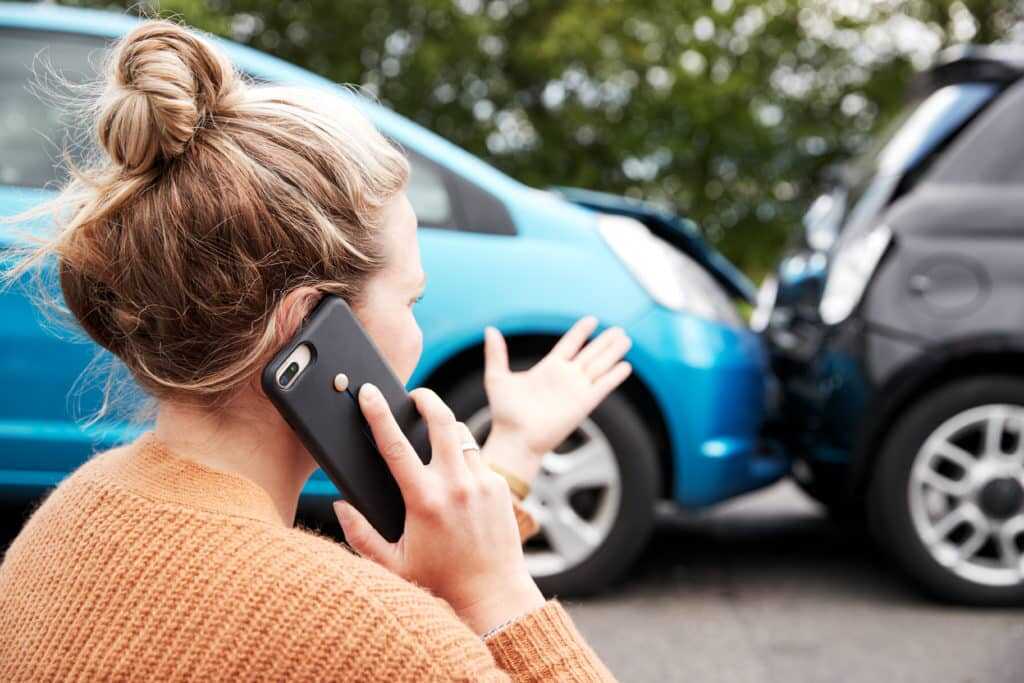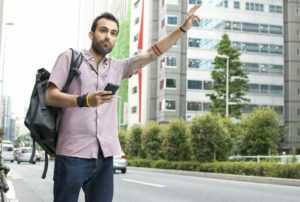
It’s hard to believe we all once lived a rideshare-less existence. Then, in 2009, Uber and, in 2012, Lyft entered the fray – freeing millions from the tyranny of taxicabs and the nightmares associated with public transportation. In the United States, Uber boasts 41.8 million users and some 15 million passengers daily.
With so many vehicles on the road, it’s little wonder the associated accident rates are high. After all, more time spent in traffic equals an increased risk of collision, no matter your mode of transportation. Nevertheless, most people believe that Uber and Lyft’s benefits outweigh the risks to users. For example, ride-sharing reduces the number of DUI-associated traffic fatalities. Fewer impaired drivers get behind the wheel now than they did when expensive cabs were the only alternative.
The American Journal of Epidemiology reports:
“Uber has been characterized as a potential countermeasure for reducing the estimated 121 million episodes of drunk driving and the 10,000 resulting traffic fatalities that occur annually in the United States.”
“Traffic fatalities are one of the leading causes of death in the United States, particularly for teenagers and young adults. Nearly 33,000 people died from motor vehicle crashes in 2014, and another 2.3 million individuals were injured. A primary culprit of the magnitude of traffic fatalities in the United States is drunk driving.”
Data from the National Highway Traffic Safety Administration (NHTSA) revealed:

“Nearly 10,000 people died in the United States in 2014 as the result of a crash that involved an alcohol-impaired driver (defined as a driver with a blood alcohol concentration of 0.08 g/dL or higher), which accounted for nearly one-third of all traffic fatalities.”
The bottom line is that Americans agree that Uber and Lyft are worth the associated headaches. But what should you do in an Uber or Lyft-related accident (whether you are the driver or the passenger)?
What to do after an Uber or Lyft Accident
- In much the same way you would if you were in a collision involving your vehicle, call 911.
- Speak with the driver, other passengers, and witnesses. Exchange insurance information and take photographs.
- Liability may come into question if Uber and Lyft are involved. Since state and local governments do not regulate the rideshare industry, the blame assignment may be questioned.
- For this reason, contact a personal injury attorney such as Moet Law in Ontario, California. You may be entitled to compensation. Uber and Lyft both provide coverage to those who are injured as a direct result of their drivers. An experienced attorney will be able to identify your rights and navigate the somewhat complicated legal process.
About Moet Law in Ontario, California
Located in Ontario, California, Moet Law is a team of experienced DUI and personal Injury Lawyers who offer free and no-obligation consultations for clients seeking compensation. The team has over 10 years of combined experience getting every personal injury client what he or she deserves. We only get paid when the client receives the settlement.
